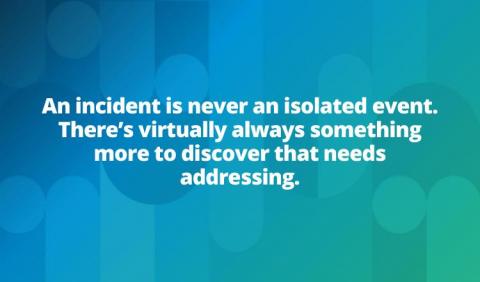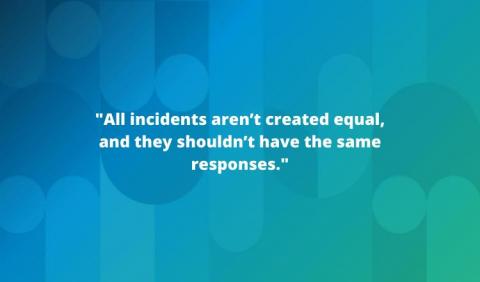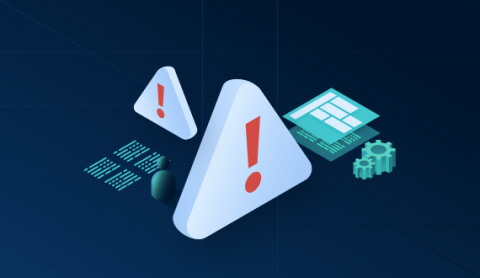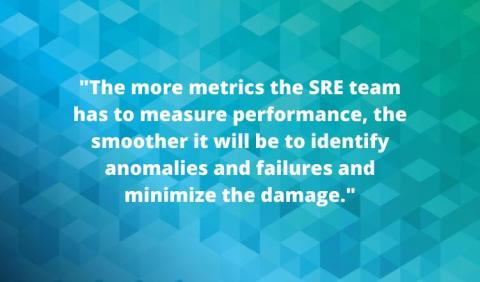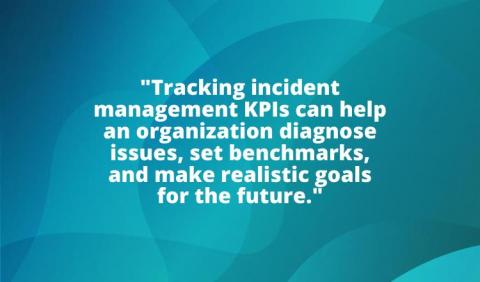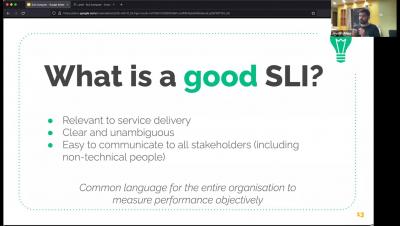Operations | Monitoring | ITSM | DevOps | Cloud
SRE
The latest News and Information on Service Reliability Engineering and related technologies.
Postmortems Now Called Retrospectives in Blameless
Alert Fatigue in SRE: What It Is & How To Avoid It
Quickly troubleshoot application errors with Error Reporting
Are you familiar with the four golden signals of Site Reliability Engineering (SRE): latency, traffic, errors, and saturation? Whether you’re a developer or an operator, you’ve likely been responsible for collecting, storing, or analyzing the data associated with these concepts. Much of this data is captured in application and infrastructure logs, which provide a rich history of what is happening behind the scenes in your workloads.
Traditional vs Modern Incident Response
SRE Tools (All of the Tools Your Team Needs)
Incident Management Metrics | Choosing KPIs that Matter
Service Level Objectives: Where do we start?
Everything you need to know about Squadcast and Microsoft Teams Integration
Top 13 Site Reliability Engineer (SRE) Tools
The role and responsibilities of a site reliability engineer (SRE) may vary depending on the size of the organization, and as such, so do site reliability engineer tools. For the most part, a site reliability engineer is focused on multiple tasks and projects at one time, so for most SREs, the various tools they use reflect their eve-evolving responsibilities.



